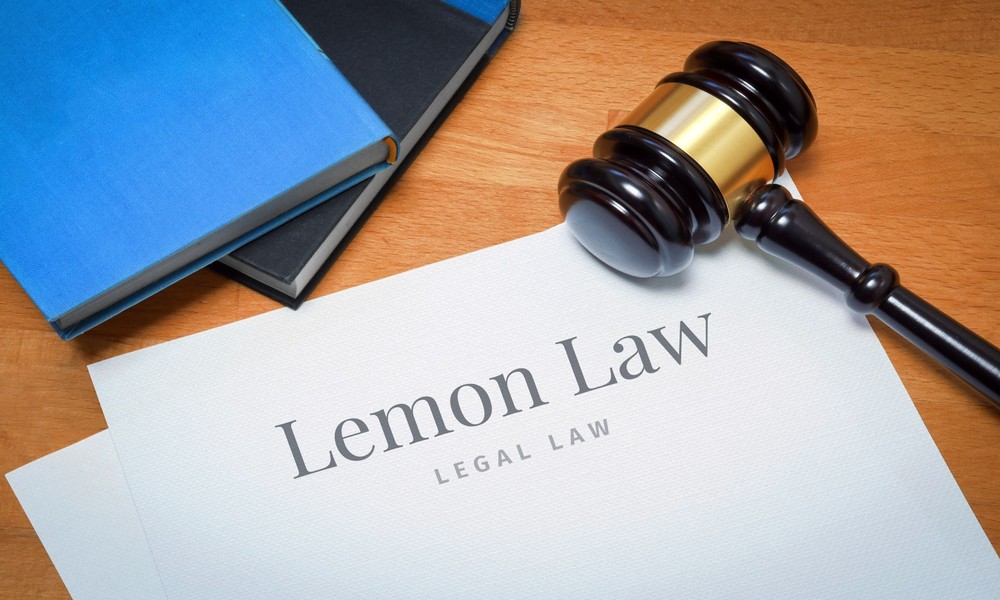After a loved one has passed away, managing their affairs and financial arrangements is bound to cause both distress and happiness. After someone close is gone, the responsibility to settle their estate becomes one of your biggest responsibilities. One must always remember to act with integrity as the administrator of a deceased person’s estate. It ensures that all the deceased’s intentions regarding asset management can be realised and conform to laws or other rules. This article offers thorough information about deceased estate administration, including a definition, steps required, duties, and things to remember.
What is Deceased Estate Administration?
Deceased estate administration is all about the management and distribution of a person’s assets as well as debts when he passes away. This would mean that first, you have to find and store those possessions that the deceased originally brought into the world, then repay any debts or taxes owed, and finally distribute what remains to heirs or legatees.
Critical Steps in Deceased Estate Administration
Steps involved in the deceased estate administration. The procedures for administering a deceased person’s estate may be lengthy and, at times, exhausting. The following steps show how one can administer a deceased estate:
-
Obtain a Death Certificate
A death certificate must be filed with the deceased’s estate’s recent administration. A death certificate is needed to clear the other essential aspects of managing a deceased person’s estate. A death certificate is a formal instance of the factual status of a deceased individual.
-
Locate and Secure Assets
The second step entails seeking and protecting all properties and assets of the deceased. The assets that need to be located, if not limited to property, bank accounts, investments, motor vehicles, personal property, or any other asset, should be preserved as long as the wheels of administering a deceased estate do not affect them.
-
Determine if There is a Will
Undoubtedly, finding the residence’s will is a critical pillar in estate management. A will is a legal document that tells how many decisions a deceased person wants to be divided among the benefactors. If there is a will, properties will be shared according to it. If not, the properties will be divided according to the state’s intestacy dictation of the state where the deceased resides.
-
Appoint an Executor or Administrator
The executor or administrator takes an active role in the deceased’s estate administration. If there is a will, the deceased identifies the executor. If not, the court appoints an administrator to oversee the process. The person is charged with ensuring the deceased’s wishes through the will are executed.
-
Pay Debts and Taxes
The remaining assets should be passed over to the heirs of the deceased before any debts, taxes, and other things go unsettled. For example, in the case of funeral expenses, inheritance tax liability, unlike foreign death duties or capital gains—unpaid credit card balances, payments to mortgages, student loans, or similar laws on labour—and the cash penalties involved with such commitments. In other words, all liabilities and the various costs involved have to be settled in order to leave the estate’s worth undiminished.
-
Distribute the Estate
After all debts, taxes, and expense payments, the residue from the estate can now be divided among the beneficiaries or heirs. This phase may be implemented safely according to the division rules specified by the decedent’s will, or intestacy legislation can be established if there is no will. This phase is crucial to carry on with care to guarantee that the sharing is equal and as ordered as feasible.
Responsibilities of the Executor or Administrator
The executor, or administrator, is in charge of several tasks throughout the decedent’s estate administration, including:
- Creating a thorough inventory of the dead person’s belongings and duties
- Notifying beneficiaries, creditors, and other pertinent parties about the administration of the estate
- Taking care of and protecting the estate’s money
- Paying taxes, debts, and other financial commitments
- Distributing assets to beneficiaries in compliance with the requirements of the law or the preferences of the dead
- Keeping thorough records of all contacts and transactions about estates
Critical Considerations in Deceased Estate Administration
Administering a deceased estate entails various considerations to ensure the process is conducted properly and efficiently. Below are some of the key considerations:
Legal Requirements
Meeting all legal requirements and deadlines regarding deceased estate administration is crucial. Failure to meet the legal requirements may lead to delays, monetary fines, or court-centred discussions. Thus, understanding the laws and regulations on estate administration in the jurisdiction where the deceased lived is necessary.
Communication
Efficient communication during estate administration is a critical factor. Regular updates to the beneficiaries, creditors, legal officers, and other stakeholders would minimise misinterpretations, disagreements, and conflicts. Transparent and honest communications build trust and workability with all involved parties.
Professional Assistance
Deceased estate administration is a complex process with multiple complications. Engaging professional support such as solicitors, estate administration experts, or financial advisors. Engaging professionals with expertise and experience can resolve legal, fiscal, and administrative challenges to ensure effective management and distribution of the estate.
Conclusion
Deceased estate administration is a challenging and multi-faceted undertaking that entails substantial planning, structuring, and attention to detail. However, with this comprehensive understanding of the primary constituents, tasks, and related matters, it becomes easier to go through the administration and guarantee compliance with the deceased’s ultimate decree. Likewise, regardless of whether you are an executor, beneficiary, or merely a relative, obtaining the assistance of legal and specialistic estate advisors can help you overcome the hurdles and chances of adverse claims.











